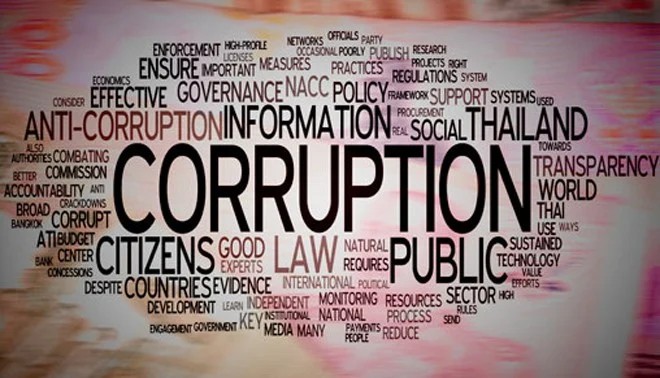The Unsettling Impact of Left-Wing Advocacy on Immigration Enforcement
The tempest of immigration policy in the United Kingdom has brought forth a storm of ideological fervour, legal manoeuvring, and human rights rhetoric. Amidst this maelstrom, the efforts of hard-left wing politicians and lawyers have emerged as a formidable obstacle, consistently thwarting the UK government’s attempts to address the crisis of illegal migration. In this column, we delve into the intricate web woven by these actors, unravelling the complications, motivations, and consequences of their actions.

Distorted Priorities: Ideology Over National Interest
At the heart of the involvement of hard-left wing politicians and lawyers lies a misguided commitment to prioritising their ideological agenda over the broader interests of the nation. Their strident advocacy for the rights of illegal migrants often takes precedence over the concerns of law-abiding citizens and the country’s security.
Their insistence on injecting human rights considerations into deportation cases neglects the fundamental premise of enforcing immigration laws. The focus on individual circumstances conveniently sidesteps the fact that those crossing the English Channel illegally have already demonstrated a disregard for the legal avenues available to seek asylum or refuge.
Undermining Law and Order
The undue influence of lawyers from the hard left on immigration cases jeopardises the integrity of due process and the rule of law. While the principle of ensuring fair trials is crucial, the repeated legal challenges and appeals contribute to a climate of uncertainty and legal paralysis.
By leveraging legal loopholes and delaying tactics, these lawyers are not only preventing legitimate deportations but also eroding the public’s confidence in the country’s ability to uphold the rule of law. This undermines the very foundation of a just and orderly society.

Perils of Politicization
The convergence of hard left-wing politicians into deportation cases raises valid concerns about the dangerous politicisation of immigration enforcement. Their involvement transforms deportation cases into high-profile political spectacles, obscuring the necessary pragmatic considerations that should guide such decisions.
This politicisation also distorts public discourse by creating a false narrative that paints every deportation as an egregious violation of human rights. Such reductionist rhetoric conveniently ignores the crucial aspect of national security and the potential risks posed by individuals with unknown backgrounds and intentions.
Ignoring the Safety Net: France as a Safe Country
One cannot ignore the glaring hypocrisy of the hard-left’s narrative when it comes to the notion of “safe countries.” These advocates vehemently oppose deportations to countries like France, even though it is a member of the European Union and a signatory to international agreements safeguarding human rights.
Their dismissal of France as a safe haven reflects an ideological bias that seeks to obstruct any meaningful attempts to address the crisis. Their refusal to acknowledge the availability of safe refuge within the European Union exposes their true intent: to exploit the situation for their own ideological agenda.
Conclusion: Navigating Clear Waters
As the UK grapples with the challenges posed by illegal migration, it is imperative to critically assess the motivations and actions of hard-left wing politicians and lawyers. While the principles of human rights and due process are important, they must not be weaponized to obstruct legitimate immigration enforcement efforts.
Balancing the rights of migrants with the security and well-being of the nation requires a pragmatic approach that upholds the rule of law and respects the sovereignty of the UK. The path forward demands a firm commitment to protecting national interests and ensuring the safety and security of citizens, while adhering to the principles of justice and fairness. Only through such a balanced approach can the UK effectively navigate the stormy seas of immigration policy and enforcement.




































